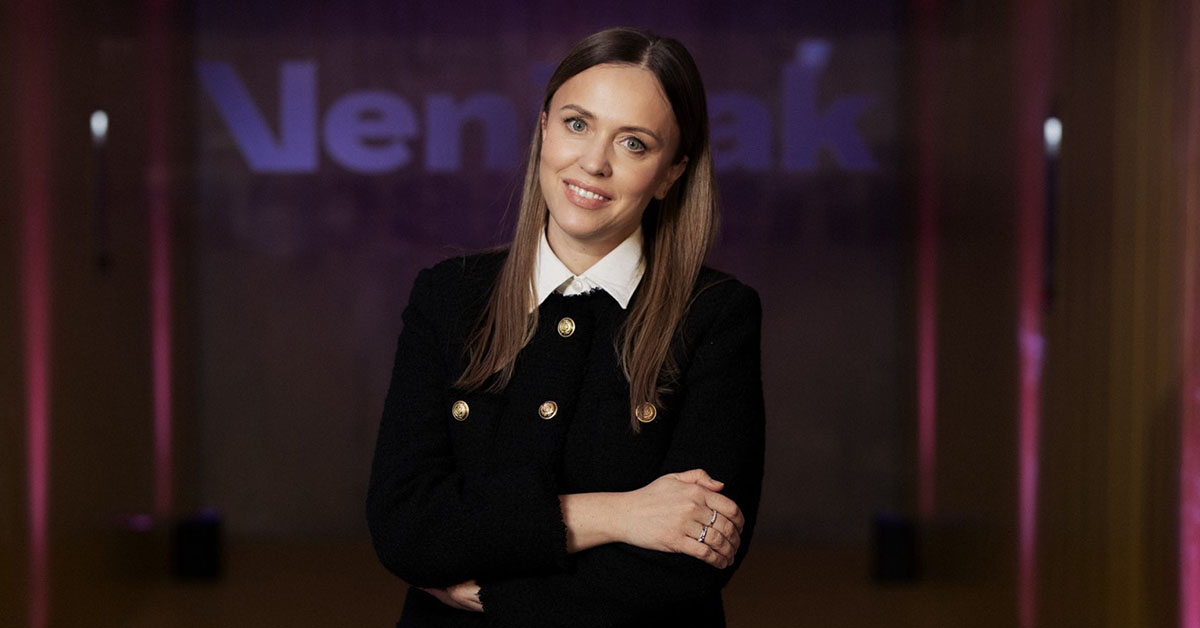While the change of managers is a constant process, today it is more dynamic than ever, placing new demands on both managers and the employers competing for them. Managers with specific experience are in high demand in the market. Headhunters explain which sectors are the most attractive to top executives, what puts them off, and the most enticing part of job interviews.
They rarely change jobs and don’t conduct job searches themselves
According to Vaida Ruškienė from AIMS International Lietuva executive search, top-level managers do not look for jobs themselves: if they know that the situation in the company is changing and they see themselves working somewhere else half a year later, they usually contact an executive search company and declare they’re open to new offers.
 “It’s a fundamental factor in the executive search process: more and more organisations looking for an executive are being very clear about the kind of executive they want, or even about a particular person from a particular organisation. Headhunters then contact the candidate directly and try to attract them. But in this case, the process may take longer: often the manager has moral or other obligations, and cannot just leave the company within the three weeks as specified in the Labour Code,” she observes.
“It’s a fundamental factor in the executive search process: more and more organisations looking for an executive are being very clear about the kind of executive they want, or even about a particular person from a particular organisation. Headhunters then contact the candidate directly and try to attract them. But in this case, the process may take longer: often the manager has moral or other obligations, and cannot just leave the company within the three weeks as specified in the Labour Code,” she observes.
Laura Buitkuvienė, Head of Human Resources at Venipak Group, an international parcel delivery service provider, has many years of experience in recruiting managers at different levels. She says that the decision to change jobs looks very different for top-level managers than for mid-level managers and other professionals.
“We’ve recently been recruiting top-level executives in all the Baltic countries, as new country managers and a global head of business development have been added to the Group’s structure. Although we interviewed candidates in different countries, it very soon became clear what they all had in common.
“For managers at this level, a company’s development, outlook, executive team and organisational culture are crucial. In their current company, they already have a routine and teams they can trust, but in a new company they often don’t know whether they will have the necessary professionals and whether they will have enough freedom to take responsibility for their own results,” says Ms. Buitkuvienė.
 She adds that it’s crucial for managers applying for high-level positions to feel empowered and have the freedom to take responsibility for their own and their team’s performance from day one: “These leaders have a clear understanding of how to achieve goals, motivate teams, drive change and grow the business. They don’t need to be taught: they have their own vision. Leaders who come from strong organisations often apply good practices in their new businesses as well.”
She adds that it’s crucial for managers applying for high-level positions to feel empowered and have the freedom to take responsibility for their own and their team’s performance from day one: “These leaders have a clear understanding of how to achieve goals, motivate teams, drive change and grow the business. They don’t need to be taught: they have their own vision. Leaders who come from strong organisations often apply good practices in their new businesses as well.”
A company’s misinterpretation is a reason to change
Ms. Ruškienė adds that managers need challenges, and when they change jobs they always do their homework and carefully study the new company – it’s market situation, the shareholders, the competitive environment, the current and potential development plans, the turnover of managers.
Employers often go to great lengths to attract top executives during job interviews, and do their best to enhance a company’s situation. The manager then starts working, but finds that the company is not what they had imagined.
“This is one of the most common reasons for management turnover – the executive discovers that the company does not have the investment opportunities or the team is not what they expected. Sometimes the organisation – its structure, its immaturity, its poorly defined product and other factors – show that it’s not yet ready for a leader from a structured, growth-oriented company with investments, a plan and a team. The managers then feel misled and seek an escape route,” she says.
Lithuanian business stereotypes are fading
Some managers, especially those who have worked in international companies for a long time, have fears and perceptions about Lithuanian companies – that Lithuanian business is immature, lacks a long-term strategy, etc.
“Today, such stereotypes are less common. Increasing numbers of top-level managers are interested in career opportunities in Lithuanian – there are numerous attractive and development-oriented companies on the market that apply modern management principles,” observes Ruškienė.
Buitkuvienė does not practically notice the Lithuanian business either: “As an international company, we don’t feel we’re viewed any differently than foreign-owned companies. We are big, we work in the Baltics and Europe, and we are expanding. Managers value us as an international employer, so it’s straightforward to attract and retain strong managers – the average tenure of our top managers is eight years.”
Sectors where top-executives are hard to attract
Ms. Ruškienė says that certain sectors have difficultly to attract top-level experts due to business specifics: “Sectors such as gambling, tobacco and fast credit are unpopular. So is logistics – the real logistics of the transport sector – which managers consider sensitive to economic and global changes, managers have to deal with problems non-stop, and there are illegal issues.”
Tech, e-commerce and all internationally-oriented businesses of the future are very appealing to top-level managers, according to Ms. Ruškienė.
Ms. Buitkuvienė says that executives recognise Venipak both as a courier business and as a fast-developing international e-commerce company: “With the acquisition of Venipak Commerce in the Netherlands a year ago, our company is becoming increasingly multinational and multicultural – we have employees from Asia, Africa, India – and we are adapting our management to global management standards, systems and innovation.”
What do managers value?
“Managers want to hear about ambition – creating and developing a global scale product: the opportunity for new horizons – to open a new market, build a new business, get involved in large, important projects that have market visibility,” says Ms. Ruškienė.
Ms. Buitkuvienė adds that managers are most motivated by speed, dynamism, ambitious goals, and embracing change: “In our company, managers who come from organisations with slower processes, a lot of bureaucracy and slow decision-making find it harder to adapt.”
Hard or soft skills?
From an employer’s perspective, Ms. Ruškienė points out that even though soft skills such as empathy are essential for a contemporary manager, hard skills are no less important. “A manager needs to be able to react quickly, to make quick decisions, to have self-confidence and a strong backbone. And the need for creativity, a visionary approach, and a sense for innovation is also increasingly sought after.”
Ms. Buitkuvienė concludes by stating that managers need to find the optimal balance between hard and soft skills – logic and emotion. “Hard skills are very important in business, so we ask all candidates to take a logical thinking test. While candidates’ personal qualities – such as willpower, energy, control, empathy and emotion – are assessed with personality tests. No manager will progress if they’re not a leader and fail to inspire a team.”




